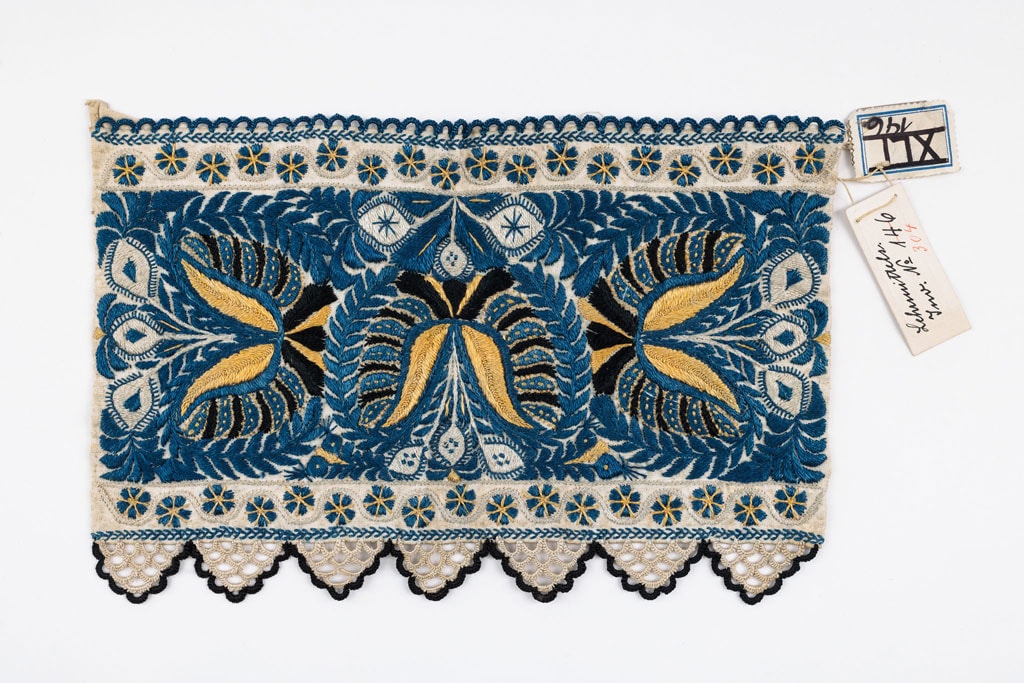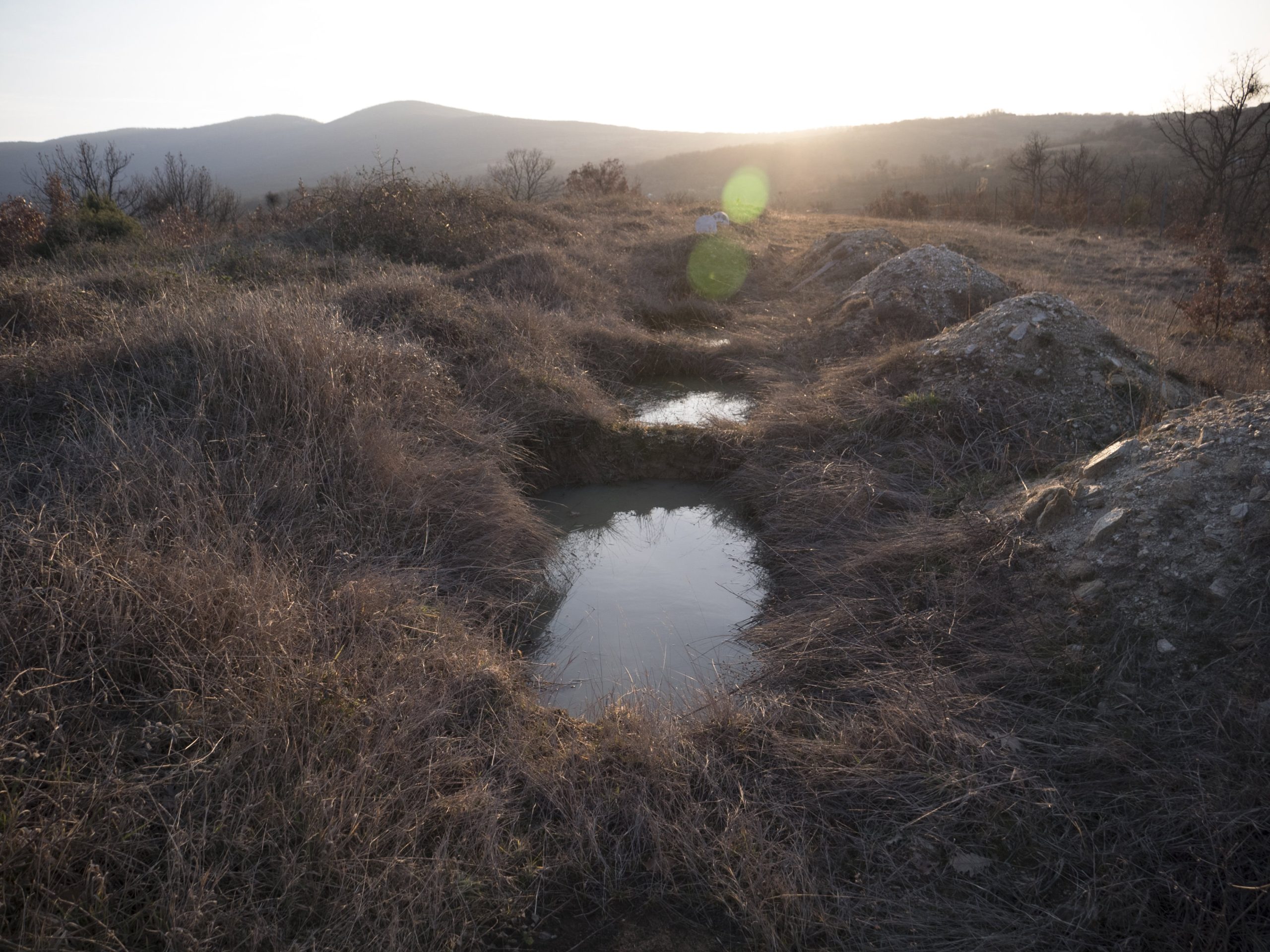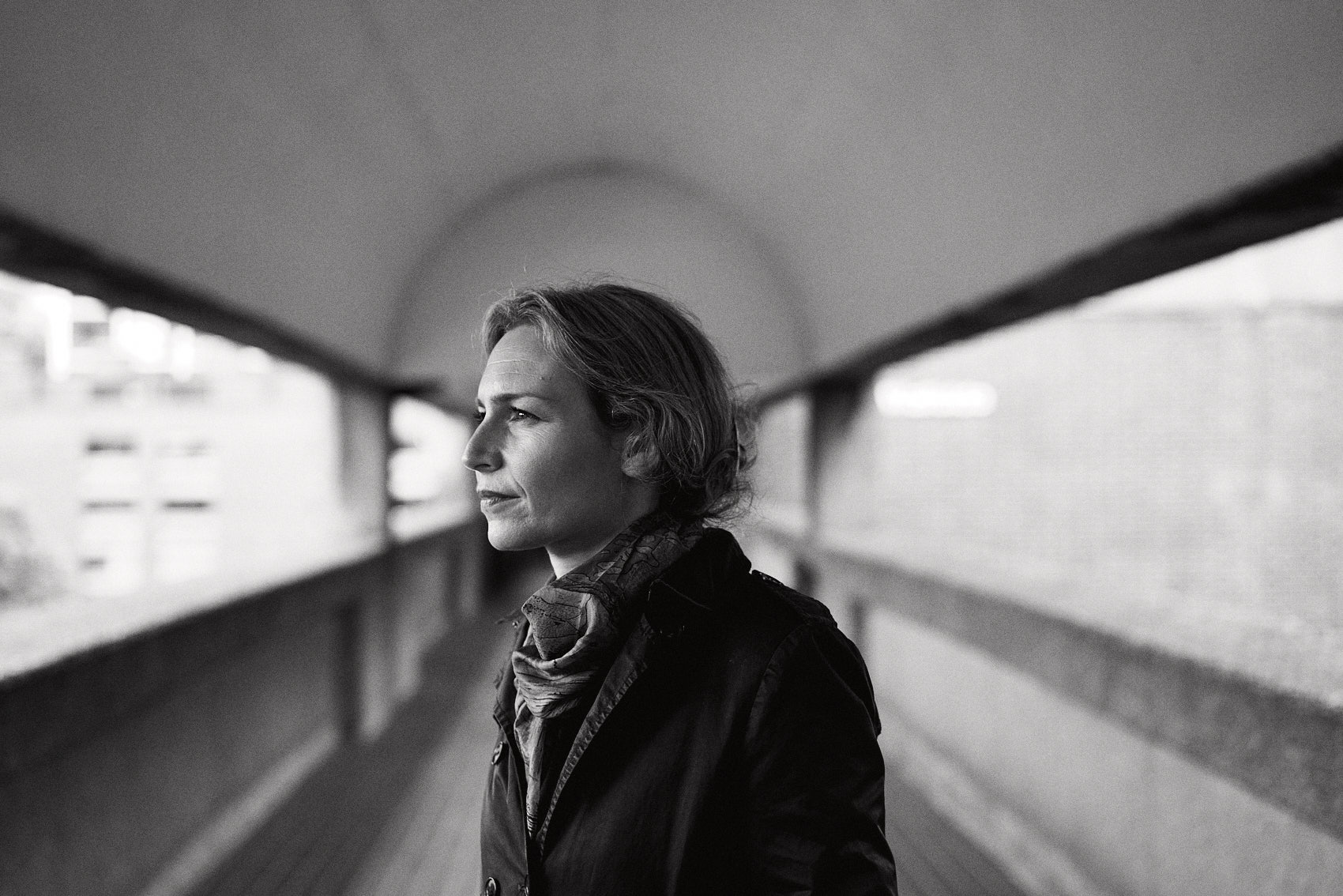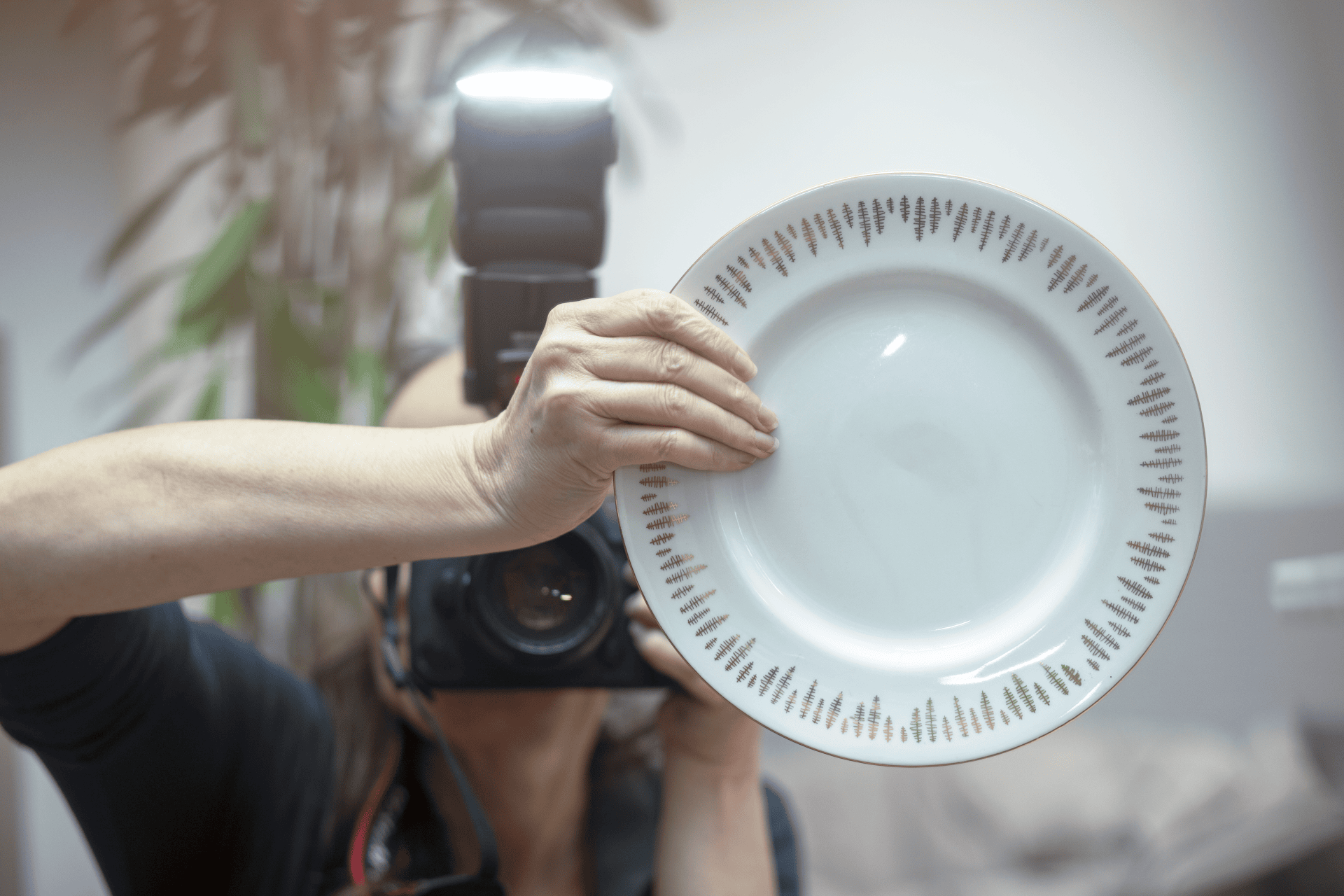Journal
December 5, 2024
Reading Time: 6'
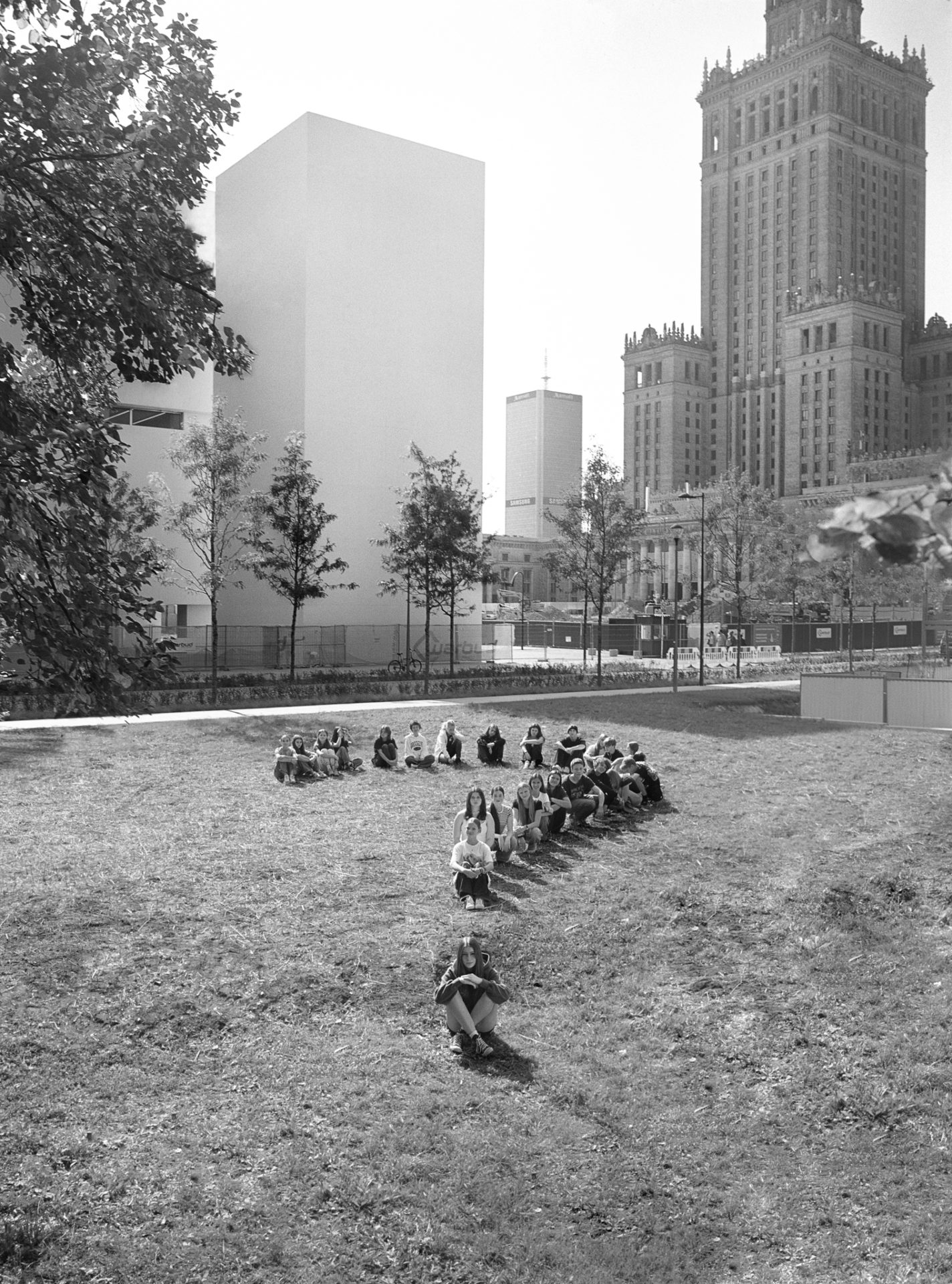
20 years of Kontakt
Kontakt was founded in 2004 as a non-profit association by ERSTE Foundation in cooperation with Erste Group. The point of departure was the expansion of Erste Group into countries of the former Eastern Europe. However, this was only a starting point, which served as an approach for the art advisory board, established right from the beginning, to work on the creation of a conceptually oriented collection based on art history that can be seen as parallel or complementary to the Western-influenced art production.
An essential motive from the perspective of art was the urgency to secure works of the so-called Eastern European Neo-avant-garde, after neither public museums nor private collections were interested in works attributed to dissident art practices in Eastern Europe.
In the first years of the collection, Kontakt was able to acquire a large number of significant conceptual, performative and media-reflective works from the 1960s and 70s from Central, Eastern and South-Eastern Europe, which were first shown in an exhibition at mumok in 2006 and at the Museum of Modern and Contemporary Art in Belgrade in 2007. These key works of the Eastern European Neo-avant-garde form the reference framework from which Kontakt was further developed and established as one of the most important collections of art from Central, Eastern and South-Eastern Europe.
While, in the early years, the main focus was on securing and collecting, scientific research and documentation of Eastern European art, which had been insufficiently perceived until then, became an additional purpose from 2014. Kontakt was not only concerned with a reformulation and correction of the existing Western-determined (art) historical image but also with the inscription of the art of the former Eastern Europe into a »global« art history. This initially took place with the reappraisal of the oeuvre of the Slovak artist Július Koller, born in 1939, who is one of the outstanding artists of the Neo-avant-garde and from whom Kontakt was able to acquire central works from the 1960s and 1970s.
With the research of Stano Filko’s installation work »White Space in White Space«, which he realised together with Miloš Laky and Ján Zavarský in 1973, and the reappraisal of the oeuvre of the Albanian artist Edi Hila, born in Shkodër in 1944, Kontakt continued the scientific reappraisal of Eastern European art and published the results in English.
In an effort to write these untold stories of the art of the former Eastern Europe and to seek new interpretative approaches through which »dislocated similarities« of the art of the former East and West can also be explored, Kontakt fulfills the programmatic goals developed by the art advisory board members Silvia Eiblmayr, Georg Schöllhammer, Branka Stipančić, Jiří Ševčík and Adam Szymczyk. Jiří Ševčík sees the Kontakt collection, with its more than 1,300 works by 160 artists, as a »unique monument of cultural memory« that may play a decisive role in the radical changes in social and political life that lie ahead.
Ševčík’s reflection on history and his questioning of the utopian moments and ideals of our recent past, those moments inscribed in the Kontakt artworks and the associated attempts at democratization as well as their significance for the future, will, in his view, make a significant contribution to the continued existence of an open, democratic society. The search for alternative perspectives and actions, or, in the words of Július Koller, for a »new cultural situation«, can only be understood as a task of utmost urgency in view of the current existential crises.
The 20th anniversary of Kontakt is an opportunity to ask questions about possible future scenarios from an artistic and institutional perspective and to focus their discussion on the project plans for 2024. How can collection and exhibition work still be justified and made future-proof in the face of climate catastrophes and resource scarcity?
Particular importance is attached to the so-called dematerialized art, which is prominently represented in the collection: mail art, performances, happenings, experimental poetry and sound works from the 1960s and 1970s, which have been recorded on paper, film and photographs. These artistic ideas and thought experiments can find representation and form but do not necessarily have to be physically realised.
For example, Július Koller, who created a flexible and operational tool for initiating critical discourse under the then-communist regime with his dematerialised art, simultaneously found a way to contact artists inside and outside Eastern Europe by sending appeals and messages on postcards and telegrams to spread ideas and suggestions for an alternative future for the world community.
For the founding members of the collection, Koller’s series of works titled »KONTAKT (Anti-Happening)« was the impetus for their decision to name their collection »Kontakt«. It is considered a tribute to the work of those artists who, with their artistic projects, documents and actions, sought to show forward-looking alternatives to the general social passivity after the failure of the Prague Spring.
A similar social passivity can be observed throughout Europe today – an attitude that must be held partly responsible for the apparent disillusionment with democracy and the subjective and institutional failure to meet the challenges of unprecedented climate catastrophes and their causes. The urgency of consequences in the field of art is also evident from the extent to which the international art industry and its institutions have developed into a significant cause of CO2 emissions and energy consumption in recent years. How can a collection as an art institution respond to this? What systemic changes in the art industry are necessary and conceivable?
Kontakt will use the anniversary year to explore the utopian moments and ideals inscribed in the dematerialized art of Eastern Europe from the 1960s and 1970s and to activate them in exhibitions at the Museum of Modern Art in Warsaw and the Palais de Tokyo in Paris as well as in a film project as part of Docufest in Prizren (Kosovo). Instead of representative exhibitions with finished art presentations, the ideal, intellectual creation process of art will be brought to the forefront, which neither requires CO2-intensive art transports nor a material-intensive exhibition display.
Editor’s note: The film project as part of Docufest Prizren will take place in August 2025.
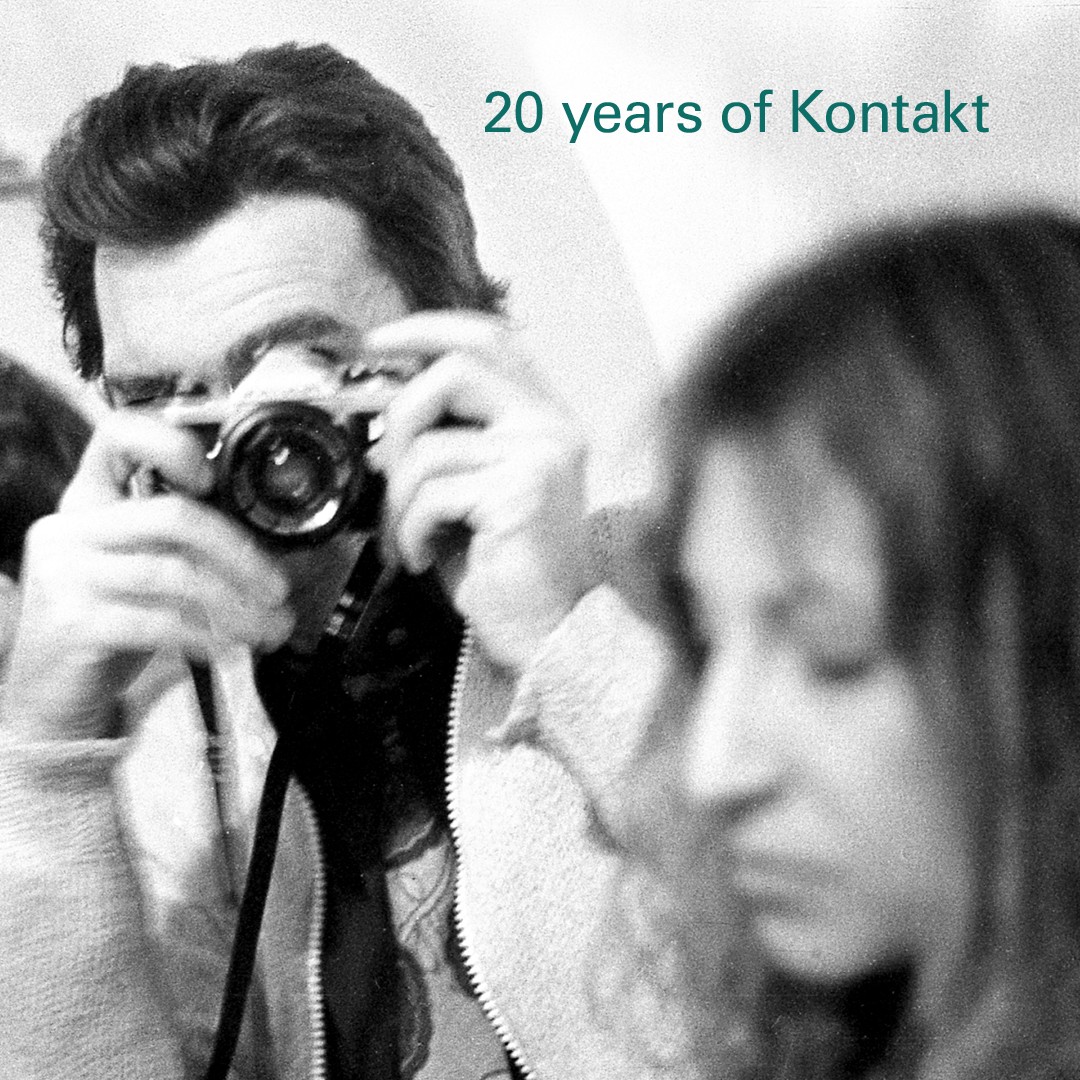
Header image: Activation of Július Koller’s work »Universal Futurological Question Mark (U.F.O.)«, 1978, in Warsaw on 18 September 2024. Photo: Karolina Pawelczyk
